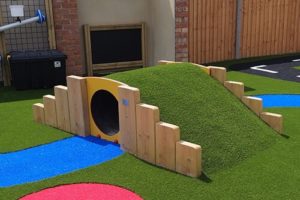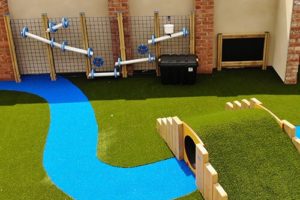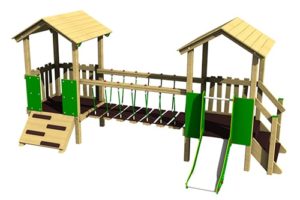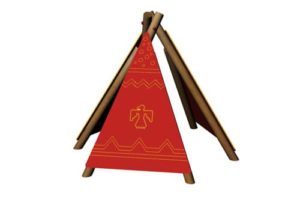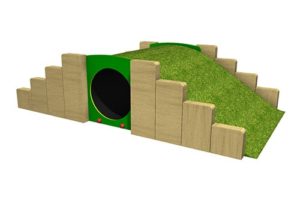Back
Playground equipment
- Inclusive Play Equipment
- Trim Trail Equipment
- Play Towers
- Climbing & Activity
- Outdoor Sports Equipment
- Sensory Play
- Imaginative Play
- Outdoor Classrooms, Shelters, Seating & Stages
- Swings, Springs & Spinners
- Playground Surfacing
- Playground Markings
- Freestanding Play Equipment
- Metal Playground Equipment
Inclusive Play Equipment
- Inclusive Play Towers
- Inclusive Sports Equipment
- Inclusive Sensory Play
- Inclusive Imaginative Play
- Inclusive Seating and Shelters
- Inclusive Swinging and Spinning
- View all Inclusive Play Equipment products
Trim Trail Equipment
- Adventure Trails
- Round Timber Trim Items
- Individual Trim Items
- Early Years Trim Items
- View all Trim Trail Equipment products
Play Towers
Get in touchClimbing & Activity
- Climbing Frames
- Activity Centres
- Jungle Climbers
- Traverse Walls
- View all Climbing & Activity products
Outdoor Sports Equipment
- Multi Use Games Areas (MUGAs)
- Sports Ancillary Products
- Goal Ends & Sports Walls
- Sports Target Panels
- Outdoor Gym Equipment
- Outdoor Fitness Rigs
- View all Outdoor Sports Equipment products
Sensory Play
Get in touchImaginative Play
- Boats & Ships
- Vehicles
- Play Houses & Den Making
- Activity Playboards
- Playtown Playground Activity Panels
- View all Imaginative Play products
Outdoor Classrooms, Shelters, Seating & Stages
- Outdoor Classrooms
- Sail Shades
- Canopies & Shelters
- Stages
- Storytelling
- Seating
- Picnic Benches
- Fencing & Storage
- View all Outdoor Classrooms, Shelters, Seating & Stages products
Swings, Springs & Spinners
- Playground Swings
- Spring Riders
- Spinners & Roundabouts
- Aerial Runways
- Seesaws
- Trampolines
- View all Swings, Springs & Spinners products
Playground Surfacing
- Playground Surfacing Repair Kits
- Artificial Grass
- Wetpour
- Rubber Mulch
- Grass Mats
- Playsafe
- View all Playground Surfacing products
Playground Markings
- Playground Bundles
- 3D Games
- Trails
- Letter Games
- Number Games & Grids
- Targets
- Premium Sports Markings
- Board Games
- Educational
- Characters & Objects
- Daily Mile
- Mazes
- Roadways
- Playground Shapes & Print Markings
- Traditional Games
- Sports & Fitness
- View all Playground Markings products
Freestanding Play Equipment
- Play Packages
- Mark Making
- Mud Kitchens
- Performance Areas
- Role Play
- Sand and Water Play
- Timber Play Huts
- Timber Seating
- Trim Trail
- EYFS Extras
- View all Freestanding Play Equipment products
Metal Playground Equipment
- Metal Swings
- Metal Roundabouts, Slides & Spinners
- Metal Climbing & Activity
- Metal Play Towers
- Metal Shelters & Seating
- Metal Play Panels
- View all Metal Playground Equipment products
About us
- Our Story
- Meet the Team
- Our Accreditations
- Creative Play – A Member Of The API
- Creative Play Careers
- Guarantees
- Shop Now
Playground sectors
- Education
- Early Years (EYFS) Playground Equipment
- Key Stage 1 & 2
- Playground equipment for Secondary Schools
- Special Educational Needs
- Commercial
- Holiday Parks
- Visitor attractions
- Pubs
- Private Day Nurseries
- Local Authorities
- Parish Councils
- Town Councils
- Community Groups


